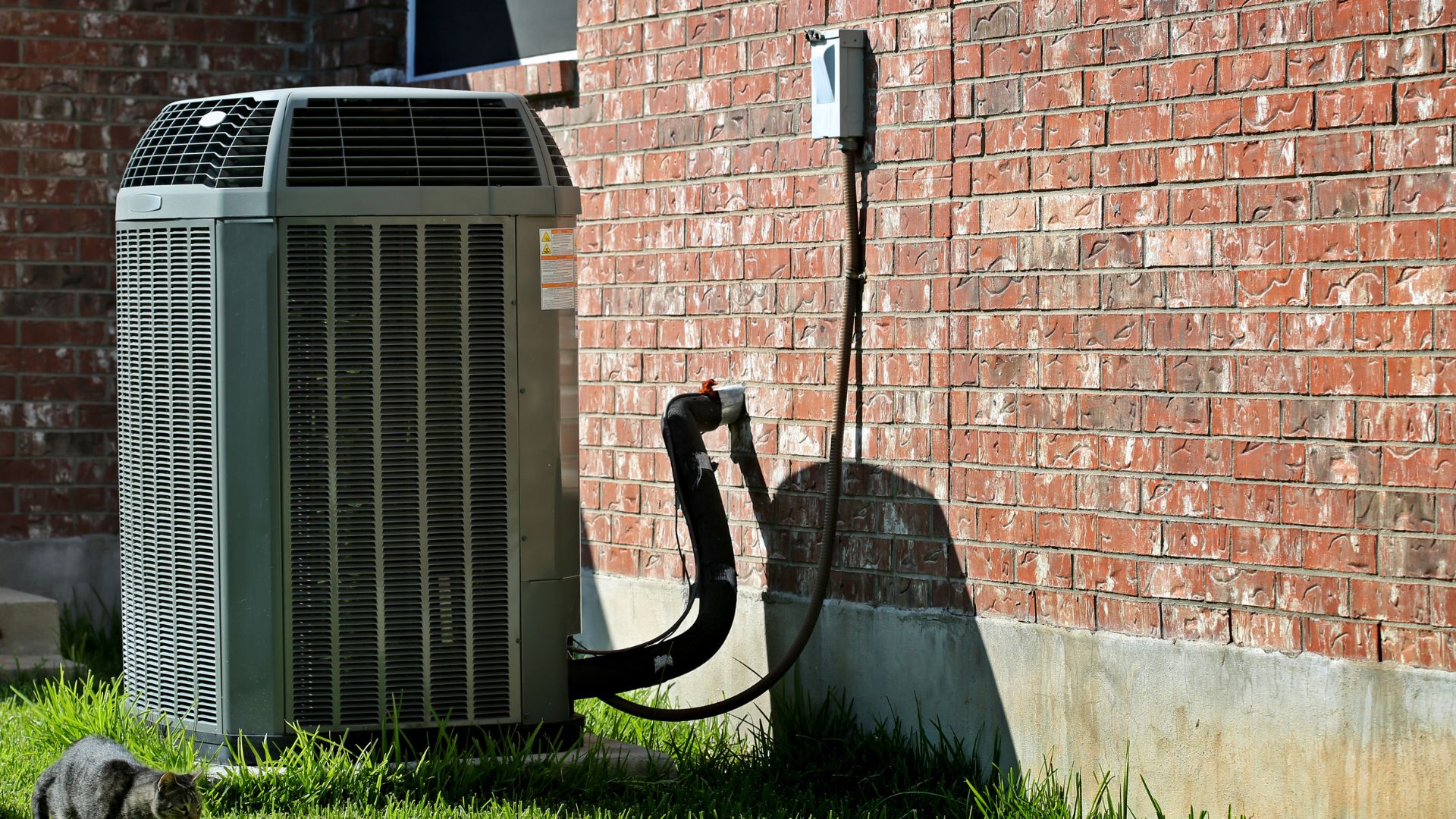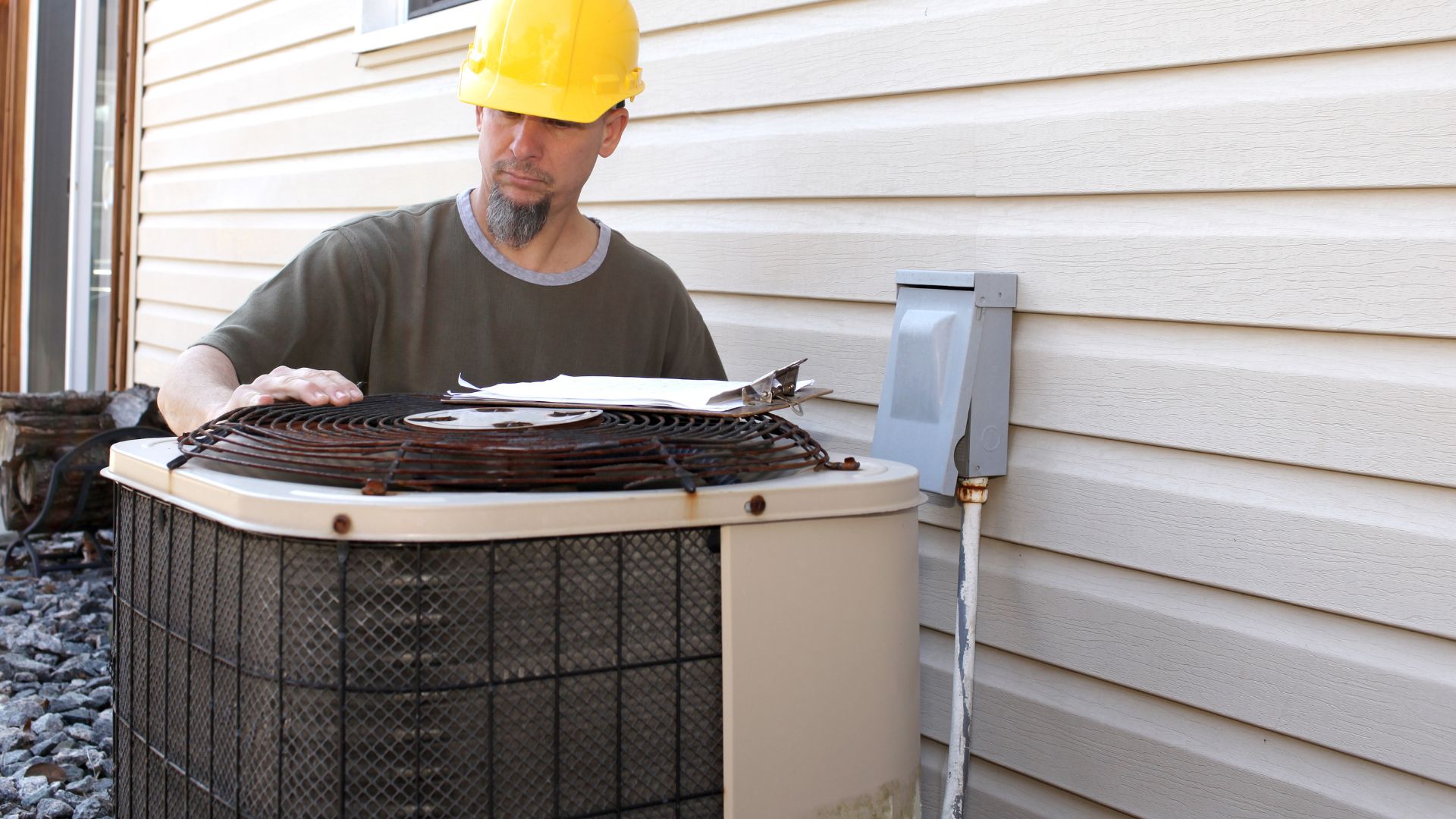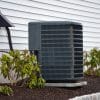We all know how unbearable it can be when the heat is at its peak during summer, and a well-functioning AC unit can make all the difference. But have you ever wondered how long these units are supposed to last?
Well, wonder no more! In this article, we’ll take a deep dive into the average lifespan of an air conditioner, ways to extend its life, signs that indicate it’s time for a replacement and much more!

The average lifespan of an air conditioner is a topic that’s often debated among homeowners and experts alike. While there’s no exact answer, most experts suggest that the typical lifespan of an AC unit ranges from 10 to 15 years.
However, this can vary depending on several factors such as how frequently you use your AC unit, how well it was installed and maintained, and even environmental conditions like weather patterns in your area.
It’s important to note that regular maintenance by a professional technician can help prolong the life of your air conditioner. This includes annual check-ups, cleaning or replacing filters every few months, and making sure all components are working correctly.
Ignoring necessary repairs for your AC unit beyond its intended capacity could lead to premature wear and tear on the system – ultimately shortening its lifespan.
To sum up, while there isn’t a definitive answer for how long an air conditioner should last – with proper care and attention, you should be able to get at least a decade out of yours!
How to extend the lifespan of your air conditioner
Extending the lifespan of your air conditioner is crucial to maximize its efficiency and avoid unnecessary expenses. Here are a few simple tips that can help you achieve just that.
- Make sure to clean or replace your air filters regularly. Dirty filters not only reduce airflow but also put extra strain on the unit’s components, ultimately shortening its lifespan.
- Keep both the indoor and outdoor units free from debris such as leaves, grass clippings, or branches. This will prevent them from clogging up and affecting their performance.
- Maintain a consistent temperature inside your home by using programmable thermostats or setting a comfortable temperature manually. Sudden fluctuations in temperature can cause mechanical wear and tear on the system over time.
- Schedule annual maintenance with certified professionals who can perform routine checks on your system’s refrigerant levels, coils, and electrical connections. Catching potential issues early on can save you money in repairs down the line.
By following these easy steps, you’ll be able to extend the life of your air conditioning unit while saving money on energy bills too!
Things that shorten the lifespan of an air conditioner
To ensure that your air conditioner lasts for as long as possible, it’s important to understand the factors that can shorten its lifespan. Here are a few things you should be aware of:
- Lack of maintenance: Regular maintenance is essential to keeping your air conditioner running smoothly. Failing to clean or replace filters, check refrigerant levels, and inspect coils can lead to decreased efficiency and even system failure.
- Overuse: Running your AC continuously without giving it time to rest can put unnecessary strain on the system and cause premature wear and tear.
- Poor installation: If your air conditioner isn’t installed correctly, it may not function properly from day one. This could lead to problems down the line – especially if serious issues like leaking refrigerant go unnoticed.
- Environmental factors: Extreme temperatures (either hot or cold), high humidity levels, and exposure to salty sea air can all take a toll on your air conditioning unit over time.
- Age: Unfortunately, no matter how well you maintain them, all appliances have an expiration date. On average, you can expect an AC unit to last between 10-15 years before needing replacement.
By staying vigilant about these potential threats to your AC’s longevity, you’ll be able to keep cool with confidence for years to come!
When to replace your air conditioner
Knowing when to replace your air conditioner is important to avoid unexpected breakdowns and costly repair bills. While there is no set time frame for replacing an AC unit, there are some signs that indicate it may be time to consider a replacement.
1. Repair cost too high
If your air conditioner requires frequent repairs or if the cost of repairing it outweighs the cost of buying a new one, then you should consider getting a new unit. Additionally, if your energy bills keep increasing despite regular maintenance, this could be another indication that you need a new air conditioner.
2. Aged
The age of your AC unit is also an essential factor in determining whether or not you need to replace it. Most units have an average lifespan of 10-15 years. If yours has reached its maximum age limit or is approaching it, then investing in a newer model might be more practical than continuing with expensive repairs.
3. Reduced performance
Another thing to look out for when considering replacing your AC unit is its performance. If it takes longer than usual for the room temperature to reach the desired level, produces unusual sounds, or emits unpleasant odours even after cleaning, then these are all warning signs that something might be wrong internally.
Knowing when to replace your air conditioner ultimately depends on several factors such as age and performance issues. However, always remember that keeping up with routine maintenance can extend the life span of any appliance so make sure to take care of yourself!
Conclusion
After considering all of the factors that can affect the lifespan of an air conditioner, it’s clear that regular maintenance and careful usage can go a long way in extending its lifespan. However, there will come a time when even the most well-maintained air conditioner will need to be replaced.
When that time comes, be sure to carefully consider your options and choose an energy-efficient model with a high SEER rating. And remember, proper AC installation by trained professionals is essential for ensuring optimal performance and longevity.
While the average lifespan of an air conditioner may vary depending on several factors such as usage frequency and maintenance routine, taking steps to maintain your AC unit properly will undoubtedly help prolong its life.
With regular check-ups from trusted HVAC professionals and responsible usage habits at home or in commercial spaces, we should aim for maximum efficiency from our cooling systems while minimizing environmental impact.



